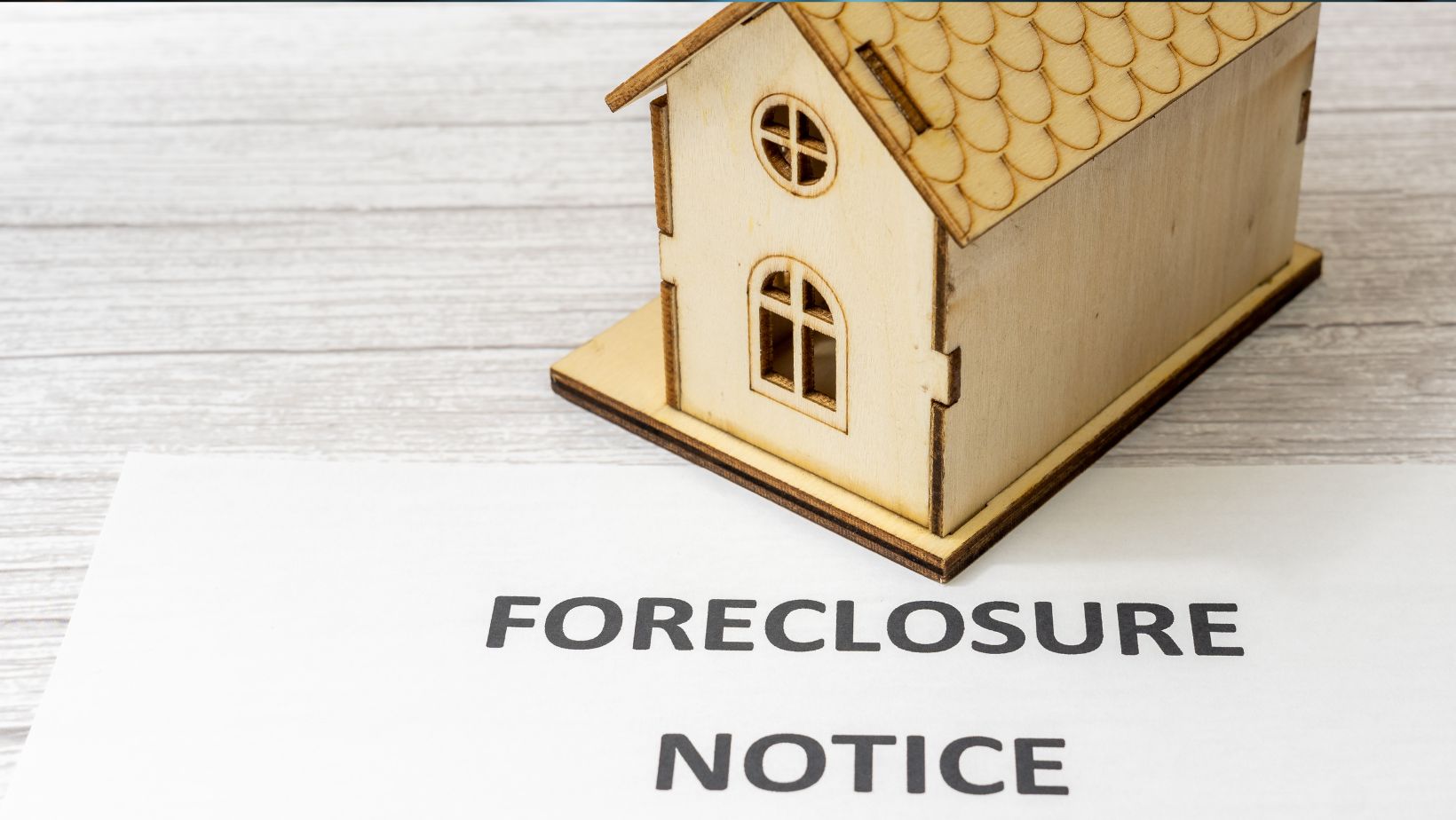9 Things to Consider Before Challenging a Freezing Injunction

Contents
ToggleFreezing injunctions may create the sense that your money has been put on airplane mode, that all of a sudden, it is inaccessible, locked up, and unreachable. Such a potent court decree prevents you from using money or moving assets, quite often with little warning. They are meant to avoid foul play in a disagreement, however, they also put huge pressure on anyone caught in between.
It is not as easy as pushing back, it takes time, facts, and law knowledge. You will need to understand the risks, the rules, and the strategies that work before you step up to fight a freezing injunction.
Why Challenging a Freezing Injunction is Risky
Appealing a freezing injunction might look like the obvious step to take, but there are some underlying dangers. Courts are very exacting, and a minor error can lead to severe outcomes.
Legal complexity
There are very strict rules involved in freezing injunctions, and not knowing them can undermine your case. You will be surprised to find that, without expert knowledge, there are important details that you may overlook, which could have an impact on your case.
Evidence burden
Courts require strong evidence when you apply for freezing order. Your case will be thrown out, and you will be at a disadvantage if the documents, records, or statements you have are left incomplete.
Contempt threat
Accidentally went beyond the limits of the freezing order?? That’s a contempt of court. This can lead to fines, the seizure of assets, or imprisonment in the case of grave transgressions.
Business impact
Court battles have the power to halt a deal, hurt reputations, and make investors lose trust. Pushing back against a freezing injunction isn’t just tough, it can disrupt operations for both individuals and entire companies.
9 Things to Consider Before Challenging a Freezing Injunction
Order scope
Know precisely what the injunction protects, locally or internationally. This kind of wrong calculation can lead to unintentional breach and will play against you in court.
Quick response
Courts impose rigid response deadlines. Losing them can close the door to competition, thus, speed and preparation are essential at the start.
Strong grounds
Challenges need proper grounds in law, such as non-disclosure, poor evidence, or overly restrictive conditions. Your application can be rejected without supporting evidence, and it will be a waste of time and resources.
Evidence readiness
Get paperwork such as contracts, bank statements, and documentation ready in advance. Going to court without enough proof in hand? You’re basically handing the other side an easy win. Solid, organised proof, your best shot.
Court compliance
Act according to the injunction even when you are preparing a challenge. A little breach costs you the shame of contempt and damages your reputation at court.
Alternative remedies
Consider whether softer measures, such as the undertakings or the more narrow confinements, would work. Courts can grant an alternative that is fair but does not freeze assets completely.
Cost factor
Challenging an injunction is both expensive and risky. Failing to do this, you can be directed to pay the legal expenses of the opponent, which can be a huge burden.
Reputation risk
Long-term conflicts can be detrimental to reputation, relationships, and business confidence. Before heading down that road, it’s wise to consider what this could do to your reputation in the long run.
Expert help
The services of an experienced lawyer are invaluable. Experienced lawyers know how to maneuver around evidence, time, and arguments, and give your case the best shot it could get.
How Courts Assess Challenges

Evidence strength
The quality of documents, reports, and financial statements attracts the attention of the courts. The judges certainly will not be persuaded by weak or partial evidence to lift or amend a freezing injunction.
Full disclosure
Applicants need to have made all material facts known at the outset. If the court discovers that material facts were concealed, it might support the defendant’s challenge and undermine the injunction.
Proportional balance
The judges determine whether the injunction is excessive. The courts consider the rights of the claimant and, in the process, weigh them against the legitimate paralysis of the business or personal finances of the defendant.
Fair procedure
Judges are big on fairness. Both sides get their shot, no exceptions. In case of the violation of procedural fairness, the court could consider the injunction to be faulty.
Role of Legal Experts
Case analysis
Lawyers go over the facts of the injunction, determine its strengths and weaknesses, and find legal grounds to challenge it, so you do not waste your time on weak arguments.
Evidence preparation
Don’t underestimate the power of a good expert. These folks know how to wrangle the evidence and whip it into shape so even the pickiest judge can follow along. Good documentation is essential, and practitioners understand how to organise submissions to fit in tough court standards.
Strategic advice
Experts prepare a specific strategy, taking into consideration the risks and opportunities. Their advice will give you a sense of whether to challenge or negotiate, or seek alternative remedies without fear, as seen in the recent Legal Aid statistics.
Court representation
Lawyers present the case in court, and they argue well in foreseeing refutations. Familiarity with legal proceedings isn’t just helpful, it’s a real advantage when the stakes are high.
Conclusion
An appeal against a freezing injunction is a matter demanding accuracy, planning, and professional advice. The right strategy and support can help you to safeguard your interests and reduce risks, and achieve fair results.
What's Your Reaction?
Gregory is a website manager who loves reading books, learning languages and traveling. He's always been fascinated by different cultures, and has spent years studying different languages in order to be able to communicate with people from all over the world. When he's not working or traveling, he enjoys relaxing at home with a good book.



